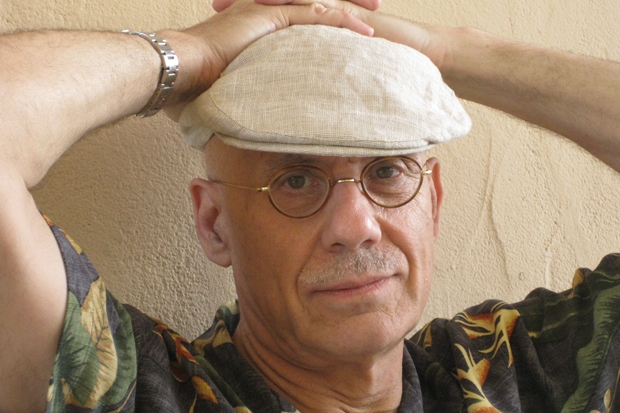Aficionados of detective fiction have long known that the differences between the soft- and hard-boiled school are so profound that, as P.D. James observed, it seems stretching a definition to place both groups in the same category. Over here we have, or used to have, a comforting story concerned with restoring order to the mythical village of Mayhem Parva; across the Atlantic, the detective novel is expected to tackle the rotten, usually urban, underbelly of the American Dream. Violent, cynical and disquieting, it has also become a significant challenge to the more refined attempts at the Great American Novel.
James Ellroy’s detectives are not only inured to confronting vice but are often the perpetrators of it too. British audiences will be most familiar with LA Confidential, the third in Ellroy’s quartet about 1940s Los Angeles; it remains a rare example of a good book which became a good film.
Perfidia launches a new series, set in the same rancid world and featuring younger, slighter more innocent versions of the same characters. We meet Dudley Smith, an ex-IRA killer and violent lawman who we know will evolve into a big-time baddie in later books. His enemy is a real-life cop, William H. Parker, who is the only one in the novel not to behave as a knee-jerk racist to their Japanese colleague, a police forensic expert, Hideo Ashida. Parker is embroiled with Kay Lake, an intelligent, pretentious young woman whose life has drifted into drugs and prostitution; first appearing in The Black Dahlia, she is going to become one of the women Pierce Patchett surgically re-creates to look like a film star in LA Confidential. We get her diary; the rest is recounted, with dates and times, in Ellroy’s characteristically terse style. Real people, like Clark Gable, Bette Davis and Count Basie, mingle with invented ones. As the author puts it, describing a nightclub, ‘The minuscule meet the mighty. The elite meet the effete. It was one big iron lung.’
Ashida, a tiny character in The Black Dahlia, is the closest thing this new novel’s hellish, claustrophobic world has to a hero, and in 23 days of December 1941, as anti-Japanese feeling rises before and after the bombing of Pearl Harbor, the reader becomes concerned for his safety. At the start of the story he has rigged up a device which automatically photographs cars by a drug store frequently victimised by hold-ups: for aficionados, knowing that this is the prequel to all the bad stuff that unrolls over the next two sequences of novels makes it like the opening theme of a piece of jazz music, introducing as it does the conflation of cameras and crime.
One day before the bombing of Pearl Harbor, the discovery of a Japanese family eviscerated in their home further points up Ashida’s unique usefulness. He can prove the difference between seppuku (ritual suicide by disembowelment) and murder, and the solution to the crime in a time of collapsing civil rights becomes an essential PR exercise for the LAPD. Ashida’s obsessively methodical observations, honesty and calm rationality are in contrast to the moral seediness of the rest. When other Japanese are interned, Ashida successfully negotiates to remain free — even if this freedom means he can be assaulted by a crowd listening to Kay inveigh against ‘a blood libel on the honourable Japanese people of this city… our best selves… countermanded by fear and irrational hatred’.
Like the first LA quartet, the second presents a novelistic history of America which will, according to the author’s post-script, span 31 years and stand as one. To the traditional hard-boiled preoccupation with describing the darkness at the heart of capitalism and celebrity culture, he adds big moral questions concerning the way a land of immigrants treats the visibly non-European in a time of international crisis, and placing Ashida at the centre of his narrative is a promising move.
Ellroy’s themes are grand and pertinent; despite the convulsions of racial hatred, the last word in the novel is ‘love’. The maddening thing about this book is that his themes have inflated the book to 692 pages, well past the length at which it is controlled as both a story and a work of art. Someone like Ross Macdonald, writing some five years after the events in Perfidia, kept his first-person narratives far leaner, even as they invoked Greek tragedy and a more balanced view of the American Nightmare. Here, every sentence is puffy with extraneous detail (we never encounter a working woman, from police to nurse, without being told she is a lesbian — ridiculous and silly).
In short: if you are already an addict, Perfidia is a must read. If not, you might just want to cleanse your palate with the older, simpler versions of the hard-boiled, or go for Sara Paretsky instead.
Available from the Spectator Bookshop, £15.99 Tel: 08430 600033. Amanda Craig’s books include Foreign Bodies, A Vicious Circle and Hearts and Minds.






Comments